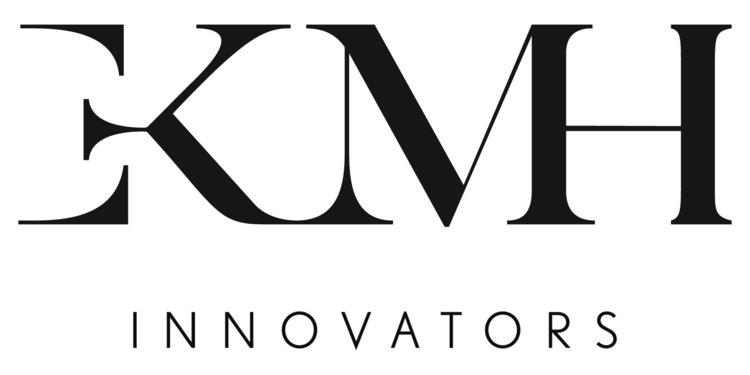An interview series spotlighting global tech influencers, disruptors, visionaries, and of course, innovators.
Best wishes for a prosperous and healthy 2022!
The predictions continue! To recap, this year’s EKMH Innovators’ predictions cover a gamut of sectors, topics and trends, including blockchain, DeFi, TradFi, cryptocurrency, NFTs, medtech, social media, GameFi, metaverse and data. Many thanks to the inspiring trailblazers who shared their insight and whose innovations and leadership will continue to guide us into a brighter future.
The tech world is seeing a massive shift right now, but which trends will hold? Ocient Co-Founder / CEO Chris Gladwin shares what will be the biggest trends in data in 2022:
Ethics in Data Collection and AI
Data, computing, and AI have gained more power in recent years, and this is just the beginning. With this increase in power, there needs to be a conversation around ethics in data collection. Organizations need a line of ethics when it comes to data collection and analysis, and need to have clear policies and approach on how they handle this. There is not going to be a perfect solution for this; however, it’s going to be important to address when an issue is illegal and point out something that is discriminatory.
Computers vs. Human Intelligence
We are well past the stage where the definition of true intelligence was measured by the Turing test. We have witnessed an astronomical growth in the power of computing and are going to continue to do so. We are going to see computers doing more things that humans do. However, with computers doing more human-like activities, there is going to be a need for stricter ethical codes that need to be considered.
Shift in training knowledge workers
When the pandemic hit, there was a major shift in the way people worked and operated. However, there also needs to be greater focus on how companies train knowledge workers. Companies need to include training on how to communicate in virtual spaces, accommodate different working styles and collaborate across time zones. Because there is a difference in acceptable behavior in the digital interactions vs. in person actions employers must now make concentrated efforts to understand what is happening and how to move their employees forward, evolving and establishing new cultural norms along the way. Companies need to develop and adapt their training to this shift, and need to be more intentional about how they communicate, coordinate with their employees and establish baseline expectations for a virtual or remote-first workforce. There is a profound difference in work culture and working relationships. The workplace has evolved and companies need to recognize that.
Geography is no longer a barrier
There was a time when someone said Silicon Valley, which referred to people who live and work in Silicon Valley that are also in the tech industry. That's Silicon Valley. That is no longer true and it is not going to be like that anymore.
I predict we're going to end up with a point system that says you get one point if the person lives in the region and you get one point if they work in the region. There is also going to be a change in the way city planners and conference organizers make commercial real estate because the place you work and live is completely disassociated. And that is a profound change.
Most importantly, companies can leverage talent from anywhere, meaning people can reside where they are most comfortable and no longer need to re-locate or happen to live within a specific region to contribute meaningfully.
Greater Reliance on Big Data
There is a greater reliance on data and it is only going to increase. From the timeline of their food being ready to sharing pictures on the top of Mount Everest, people want the world to know what they are doing, and while they are doing this, they are generating more data and consuming more data to feel informed, empowered and connected. Data sources will continue to grow, complexity of data types will increase and the need to quickly derive meaningful insights will provide a competitive advantage to whomever can get there first.
Decacorns in 2022
There used to be a generation when a decacorn happened only once or twice in decades, but in the last year itself we have seen many companies achieve that status. Eventually we'll run out of companies to push forward into those kinds of rounds.
Curious about past predictions? Click here to read more about expert insights on 2017 marketplace lending, 2018 crypto, 2018 blockchain, 2018 fintech, 2019, 2020 and 2021 predictions.
*Disclaimer: The views and opinions expressed in this series are those of the interviewees and do not necessarily reflect the views or positions of any entities they represent.
Search below or check MuckRack to access thousands of interviews, articles and predictions in the EKMH Innovators Interview Archive. Be an active part of the conversation.

